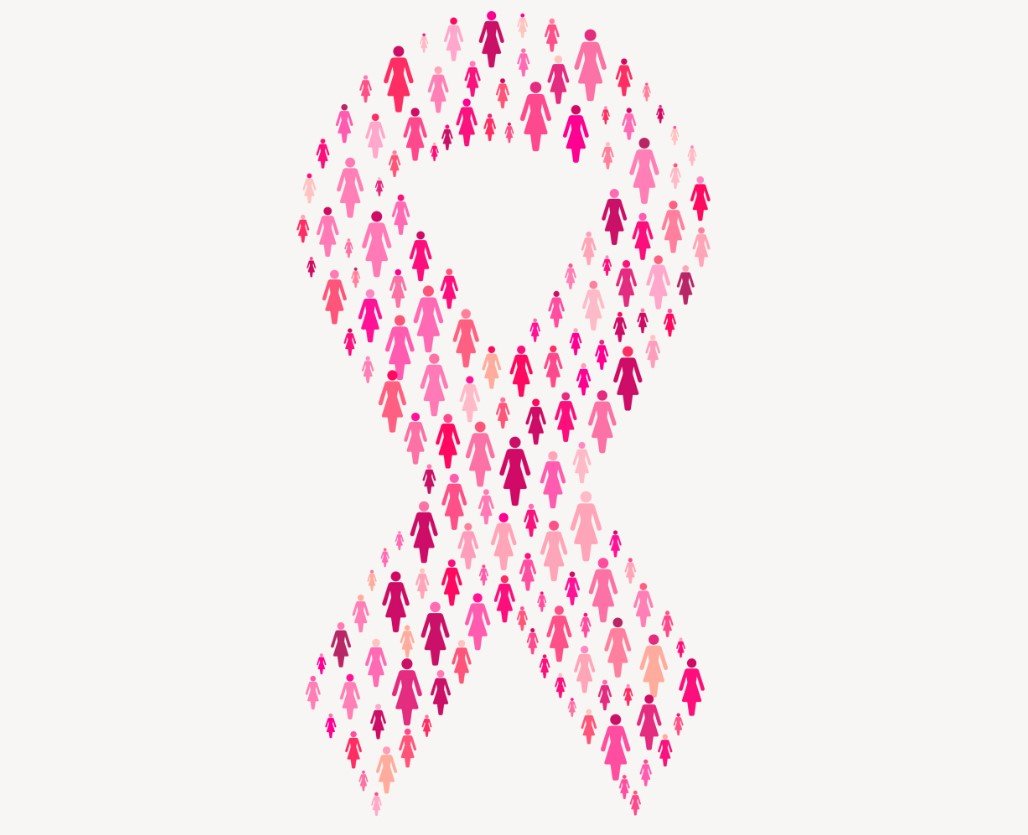Breast cancer remains one of the most common malignancies affecting women worldwide, and the question of whether lifestyle choices contribute to its development is a topic of significant concern and research. While genetics play a non-negotiable role, the impact of lifestyle factors cannot be overlooked. This article delves into the intricate relationship between personal habits and breast cancer risk, shedding light on what changes could potentially alter the course of this disease.

The Alcohol Connection
It’s no secret that alcohol consumption has been linked to an array of health issues, but its association with breast cancer is particularly alarming. Studies have consistently shown that even moderate drinking can elevate the risk. The mechanism is thought to be related to alcohol’s effect on estrogen and other hormones associated with breast cancer. Reducing intake could serve as a preventive measure for those at risk.
Weight and Hormones After Menopause
Post-menopausal weight gain is not just a matter of aesthetics; it has serious implications for breast cancer risk. Excess fat tissue contributes to higher estrogen levels, which in turn can fuel the development of hormone receptor-positive breast cancers. Maintaining a healthy weight through a balanced diet and regular exercise is crucial for prevention.
The Exercise Factor
Physical activity is a powerful tool in the fight against breast cancer. Regular exercise helps regulate hormones and insulin levels, which may lower the risk. The American Cancer Society suggests that even a few hours of exercise per week can be beneficial, with more extensive activity providing even greater protection.
















